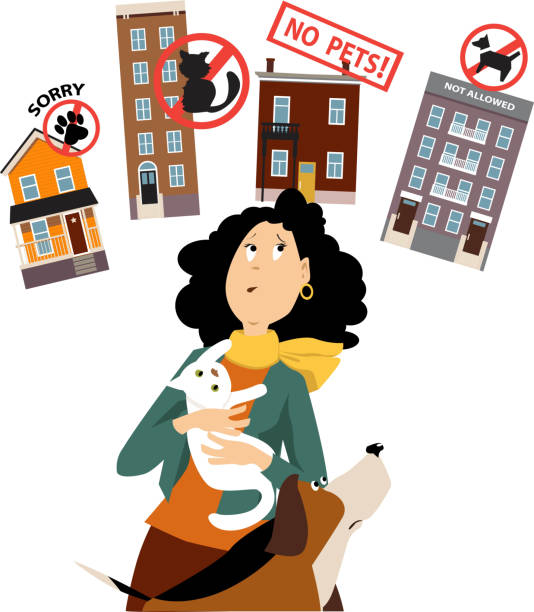
Landlords
Landlords are a property owner who leases their property in exchange for monthly payments. They take care of the repair costs, and the tenant oversees the property’s cleanliness. Both of their roles are typically mentioned in the lease agreement.
They invest in real estate as another way of income, which can be very sustainable. They vary from individuals, businesses, or government agencies. It doesn’t have to just be the generic apartments—it could be from multi-family homes, land, shopping malls, or vacation properties.
Landlords have a lot of rights regarding the way they operate. They can issue late rent fees, raise the rent, and evict tenants who aren’t paying, but the eviction process varies via state. They typically have a security deposit to be able to cover late rent or property damage.
Cons:
- You have many different types of responsibilities
- Taxes on capital gains
- Different types of legal liabilities or abrupt expenses
Landlords Rules:
- They can’t deny a lease from their disability, race, nationality, or gender
- They have to give at least a 24-hour notice before entering their property outside of emergencies
- Landlords have to evict a tenant with specific protocols
- Raising rent without a notice way in advance is permitted, have to be minimally 30 days

Responses